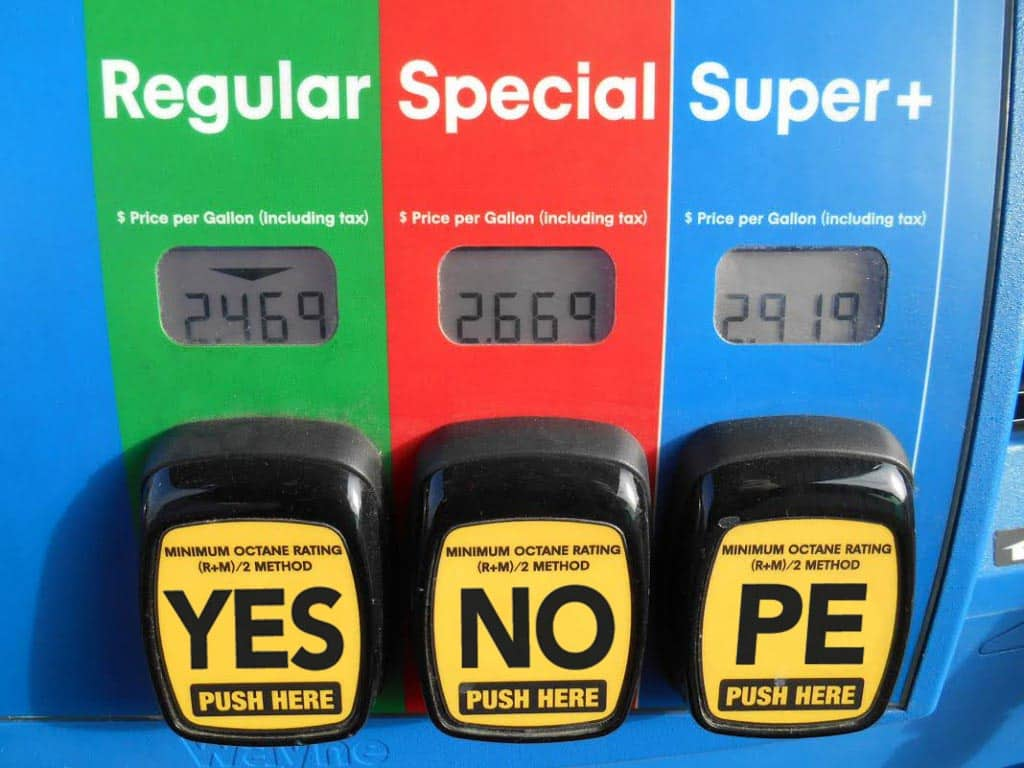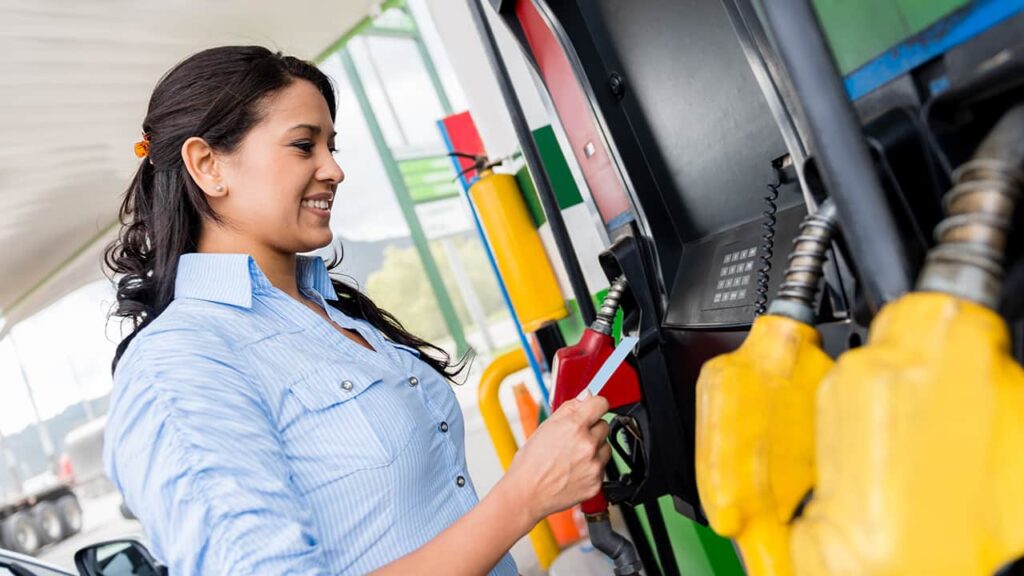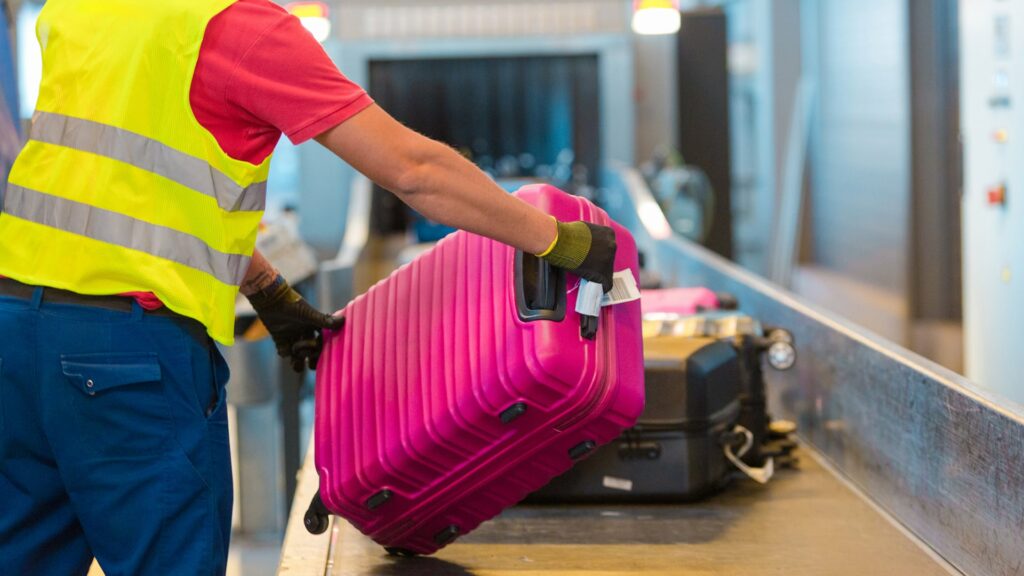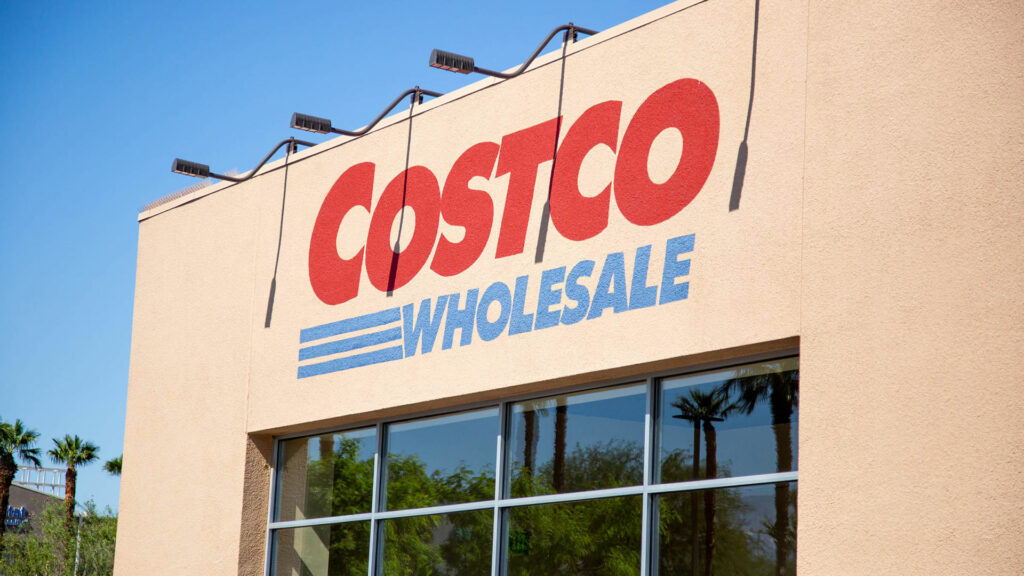Advertiser Disclosure: At Slickdeals, we work hard to find the best deals. Some products in our articles are from partners who may provide us with compensation, but this doesn’t change our opinions. Our editors strive to ensure that the information in this article is accurate as of the date published, but please keep in mind that offers can change. We encourage you to verify all terms and conditions of any product before you apply.
Reading Time: 4 minutes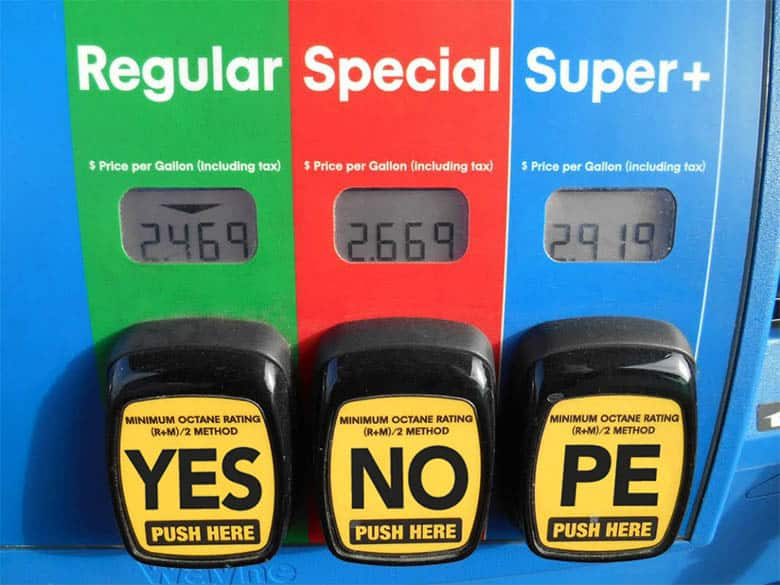
With an expensive and recurring cost like gasoline, it’s important to understand what you’re putting into your car and why. Gas prices are constantly on the rise, and more than 16.5 million Americans are pumping the wrong type of fuel according to a AAA report.
U.S. drivers are wasting money on Premium fuel because most vehicles don’t require it. Many believe that higher-octane gas improves vehicle performance and fuel efficiency, but that’s largely untrue.
“AAA’s tests reveal that there is no benefit to using premium gasoline in a vehicle that requires regular fuel,” said Megan McKernan, manager of the Automobile Club of Southern California’s Automotive Research Center. “Premium gasoline is specifically formulated to be compatible with specific types of engine designs and most vehicles cannot take advantage of the higher octane rating.”
Vehicles with turbochargers or superchargers, high-compression engines, or other high-performance engine modifications require high-octane gas to function properly, but your Toyota Camry is just fine with Regular gas.
The Real Purpose of Octane Ratings
Check your owner’s manual to find out what type of fuel your car requires. Currently, the United States utilizes 87 octane (regular), 89 octane (mid-grade) and 91 or 93 octane (premium), depending on location. It’s important to note that engines designed to run on high-octane gas should never be filled with low-octane gas as it could damage the engine. The different octane ratings exist mainly to prevent engine knock, which happens when the compressed air and gas inside your engine ignite at the wrong time.
Without getting too technical, a low-octane gas cannot withstand the pressure and temperature inside a high-performance or high-compression engine, essentially exploding prematurely and pushing against the engine’s pistons, causing a knocking sound. Think of it as someone pushing a door shut while you’re trying to push the same door open from the other side — nobody’s going anywhere.
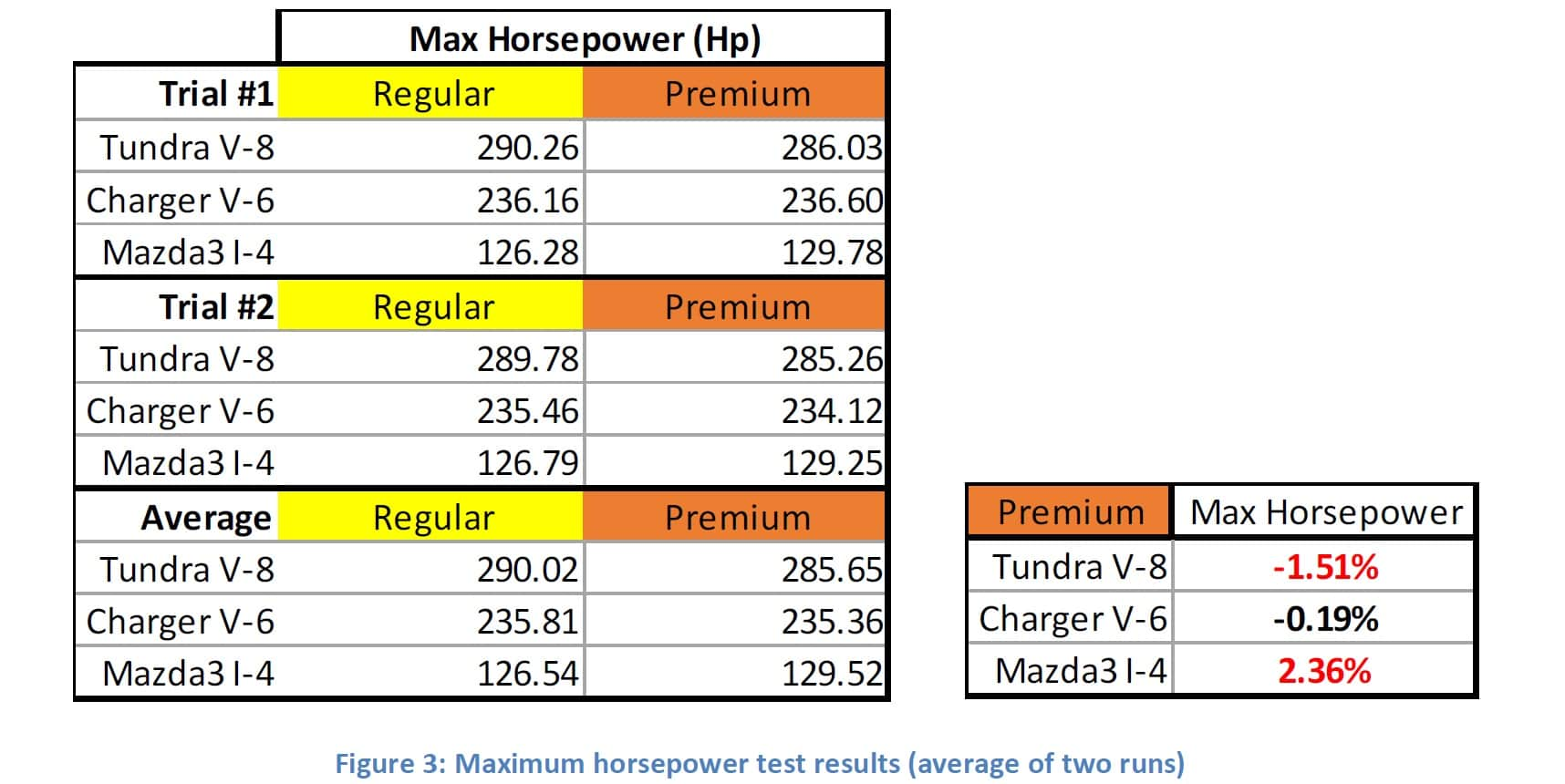 A modern engine can sense knock and turn down power to save itself from damage, but unless you own a high-performance sports car, that same engine won’t gain any additional horsepower with high-octane gas.
A modern engine can sense knock and turn down power to save itself from damage, but unless you own a high-performance sports car, that same engine won’t gain any additional horsepower with high-octane gas.
AAA’s research tested a variety of engines designed to run on Regular fuel and found that these engines did not gain any benefits from Premium fuel; in fact, some engines lost horsepower with the often-perceived “better” fuel.
How to Save
Don’t let the gas company’s marketing efforts convince you to pay more for something you don’t need — higher octane doesn’t necessarily equal higher quality.
According to AAA, 70 percent of drivers own a vehicle that requires regular, 87-octane, gasoline, and only 16 percent of drivers have vehicles that need high-octane gas. More than $2.1 billion is wasted by drivers who use higher octane fuel in cars that don’t require it..
Looking at national averages for fuel consumption and gas prices, if you unnecessarily purchase 480 gallons of Premium gas per year at $2.849 per gallon, you’re spending an extra $235 annually when compared to Regular gas at $2.361 per gallon.
Bottom line: if your car doesn’t require Premium fuel, just get the regular stuff — it can’t tell the difference.
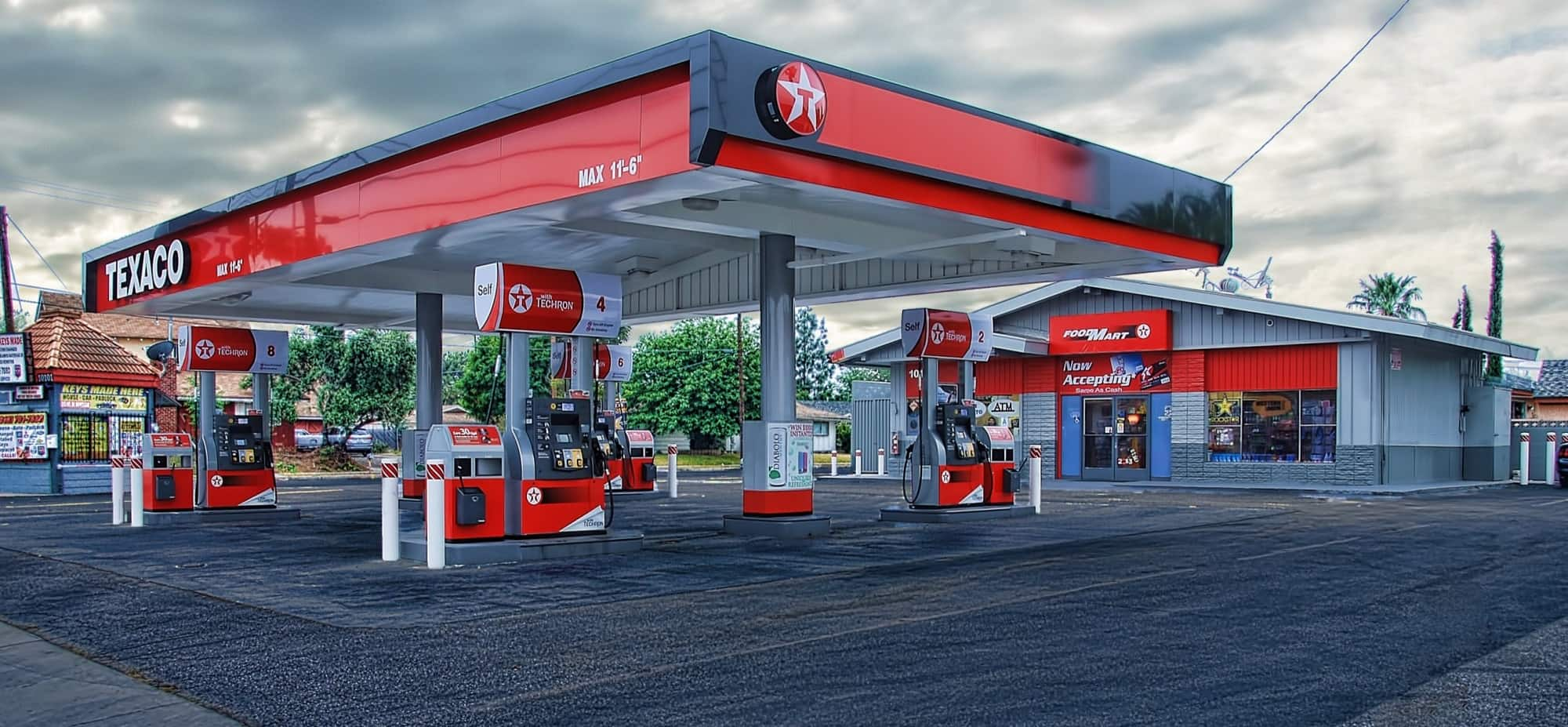
But Isn’t Premium Fuel Cleaner?
One of the common arguments for using high-octane gas is that the fuel quality is better and it leaves less deposits in the engine, but this theory really has more to do with where the gasoline is produced, not the octane rating.
The U.S. has minimum standards for gasoline that all fuel producers must meet, but top tier producers like Shell, Chevron, Texaco, and ExxonMobil, for example, go above and beyond the minimum standards, and also include proprietary performance-enhancing additives or detergents.
Shell includes additives in only its Premium gas while Chevron has additives in all of its fuel grades. So if you’re wanting “higher quality” gas, you’re better off switching to a top tier brand instead of paying extra for Premium. This may surprise many people, but Costco’s gasoline is officially considered top tier, and it carries some of the lowest prices on the market! (source)
Everyone Sells the Same Gas, Sort Of
Since every gasoline producer must adhere to the same government standards, that means the fuel you’re purchasing from say, a Shell gas station might not have come from a Shell refinery. According to industry experts, the additives that make each top-tier brand’s gas unique are actually blended when the truck comes to pick up the gas, not during the manufacturing process. Transporting gasoline is expensive, and many gas stations will purchase from the nearest refinery or distributor, not necessarily from its own brand.
Basically, all gas is the same at its core, and in general, gas refinement and quality — and even engine efficiency — have come a long way since the days of bad-burning fuels. If you don’t want to pay for Premium gas just to get the additives, you can add your own every six months or so with products such as Royal Purple Max-Clean, Sea Foam or Lucas Fuel Treatments.
What’s Best for Your Car and Wallet?
Honestly, the best way to care for your car’s engine (and prevent costly repairs) is with regular scheduled maintenance — oil changes, filter changes, etc. These actions have way more impact than any type of fuel you can put in your gas tank.
With that being said, one thing to watch for is refueling trucks. When new gas is pumped into the reservoir tanks at gas stations, sediments and other heavy items that have been resting on the bottom of the tank gets mixed around. If you pump gas while the refueling truck is there or just leaving, there’s a higher chance of sending unwanted particles into your engine.
* * * * *
Check your owner’s manual for the minimum octane rating recommended for your car and don’t be afraid to use it. As long as you’re not buying gasoline from the back of someone’s pickup truck, you’ll be perfectly fine.

